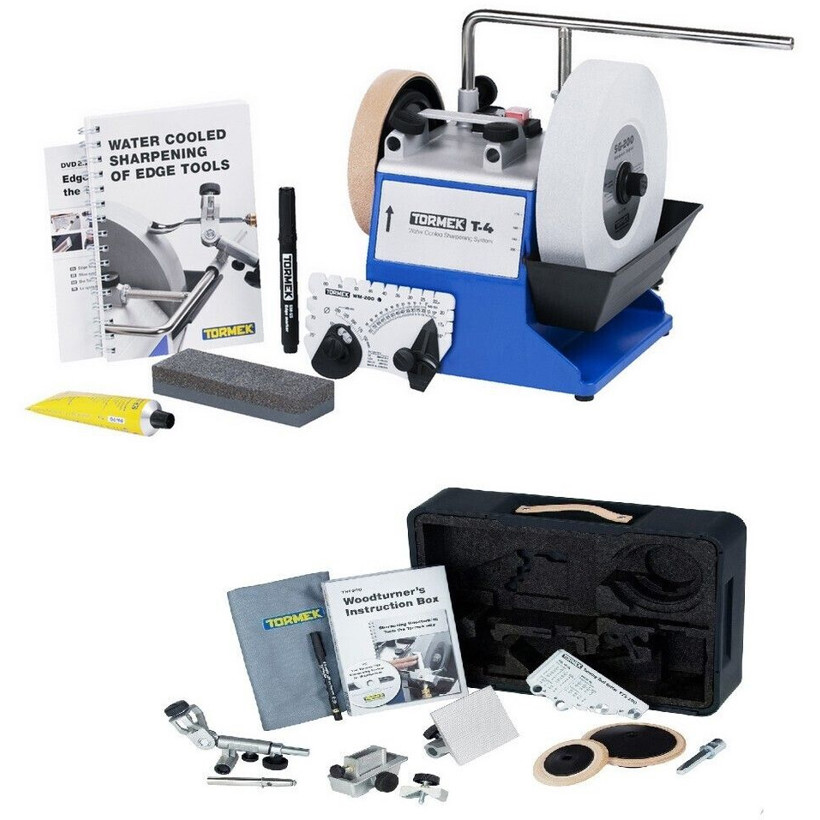The Three Greatest Moments In Orbital Sander With Dust Extraction History

Orbital Sanders with Dust Extraction: A Comprehensive Guide
When it comes to woodworking and DIY tasks, having the right tools can substantially improve the quality of the work while also making sure a more secure and cleaner environment. One tool that sticks out in the realm of surface area finishing is the orbital sander. In this blog site post, we'll look into the specifics of orbital sanders geared up with dust extraction systems, their benefits, functions to search for, and some typical concerns regarding their use.
What is an Orbital Sander?
An orbital sander is a power tool that utilizes a circular sanding pad that relocates an elliptical (orbital) pattern. This unique movement enables for effective sanding on various surface areas, consisting of wood, metal, and plastic. Orbital sanders are prized for their adaptability, ease of usage, and capability to provide a smooth finish.
Advantages of Dust Extraction
Among the main downsides of sanding is that it typically produces a substantial amount of dust. Traditional sanders can produce an untidy work area, need frequent clean-up, and position a health risk due to inhalation. This is where orbital sanders with built-in dust extraction systems come into play.
Advantages of Using Orbital Sanders with Dust Extraction:
| Benefit | Description |
|---|---|
| Cleaner Workspace | Decreases dust accumulation, keeping the work location neat. |
| Improved Air Quality | Minimizes airborne particles, making it much safer to breathe. |
| Boosted Performance | Keeps sanding surfaces clear, improving sander efficiency. |
| Reduced Cleanup Time | Less dust means quicker post-project clean-up. |
| Prolonged Tool Life | Avoids dust from getting in the sander, lowering wear and tear. |
| Better Job Completion | Provides more accurate outcomes when the dust does not obscure presence. |
Key Features to Look for in an Orbital Sander with Dust Extraction
When choosing an orbital sander with dust extraction capabilities, numerous features need to be considered to guarantee you select the best tool for your needs:
- Dust Collection Bag or Canister: Look for an effective dust bag or cylinder that can manage a significant quantity of dust before requiring to be cleared.
- Dust Port Compatibility: Some sanders are compatible with vacuum systems, enabling more reliable dust management.
- Sanding Disc Size: Different sanders support numerous disc sizes (usually varying from 5 to 6 inches). Choose a size based upon the scale of your jobs.
- Variable Speed Settings: Having adjustable speed settings provides greater control and permits different sanding applications.
- Ergonomic Design: A comfortable grip lowers hand tiredness and enhances control over the sander.
- Vibration Control: A feature helping with the decrease of vibrations improves convenience throughout extended use.
- Weight and Portability: Ensure the sander is light-weight enough for easy maneuverability, particularly for bigger jobs.
Popular Orbital Sanders with Dust Extraction
Here's a table summing up some popular models in the market, highlighting their crucial functions and specifications.
| Design | Dust Extraction Type | Disc Size | Speed (orbits per minute) | Weight | Price Range |
|---|---|---|---|---|---|
| Bosch ROS20VSC | Built-in Bag | 5" | 7,500 - 12,000 | 3.5 pounds | ₤ 100 - ₤ 120 |
| DeWalt DWE6423 | Dust Bag | 5" | 8,000 - 12,000 | 3.2 lbs | ₤ 100 - ₤ 130 |
| Makita BO5031K | Dust Port Compatible | 5" | 4,000 - 12,000 | 3.5 lbs | ₤ 120 - ₤ 150 |
| Ryobi P411 | Integrated Bag | 6" | 10,000 | 5 lbs | ₤ 60 - ₤ 80 |
| Milwaukee 2738-20 | Built-in Bag | 5" | 12,000 | 4.5 lbs | ₤ 120 - ₤ 150 |
Buying an orbital sander with dust extraction capabilities can dramatically enhance the sanding experience. Not just does it offer a cleaner office, but it also boosts air flow and uses better general results. When making your choice, consider numerous factors like dust collection performance, speed, and ergonomic design to guarantee you select the right tool for your projects.
Frequently Asked Questions (FAQ)
1. Are Akku Schlagschrauber Angebot than other types of sanders?
Orbital sanders are especially advantageous for attaining a smooth finish without leaving swirl marks, which can be a problem with other types of sanders. However, the option of sander mainly depends upon the project requirements.
2. How frequently should I change the sanding disc?
Sanding discs ought to be replaced when they show signs of wear, such as reduced efficiency or loading (when dust collects). It's a great guideline to check the disc regularly, particularly throughout larger tasks.
3. Can I utilize my orbital sander without the dust extraction?
Yes, you can use an orbital sander without dust extraction, but it is not advised due to the capacity for a dusty office and health risks associated with inhaling dust particles.
4. What kind of jobs are best fit for an orbital sander?
Orbital sanders are versatile and can be utilized for a range of jobs, consisting of furnishings refinishing, cabinet making, and basic woodworking jobs.
5. Is dust extraction actually required?
While it is not strictly essential, dust extraction is extremely recommended for better health, enhanced presence, and a cleaner workplace, ultimately improving the quality of the finished job.
In summary, an orbital sander with dust extraction is an excellent financial investment for anyone seeking to take their woodworking skills to the next level. By reducing dust, improving effectiveness, and delivering remarkable results, these tools are essential buddies for both beginners and experts alike.

